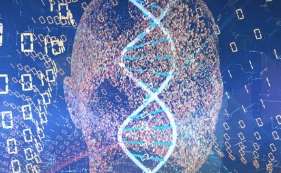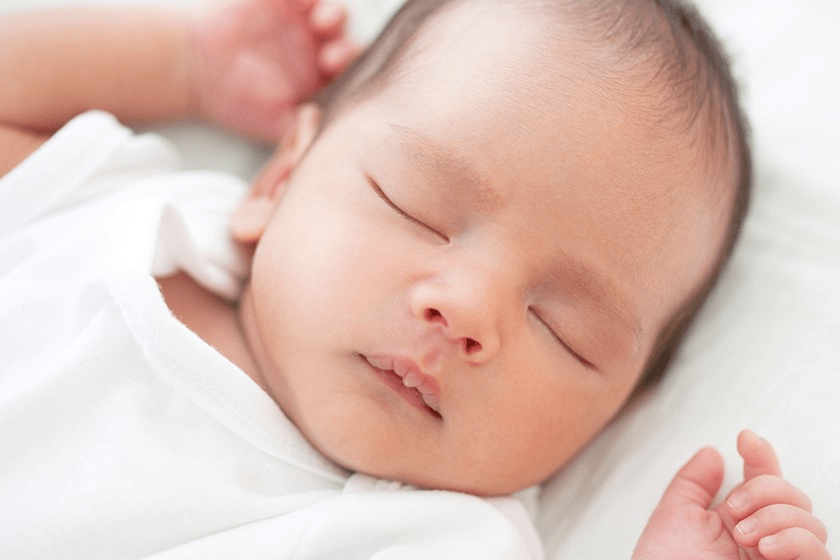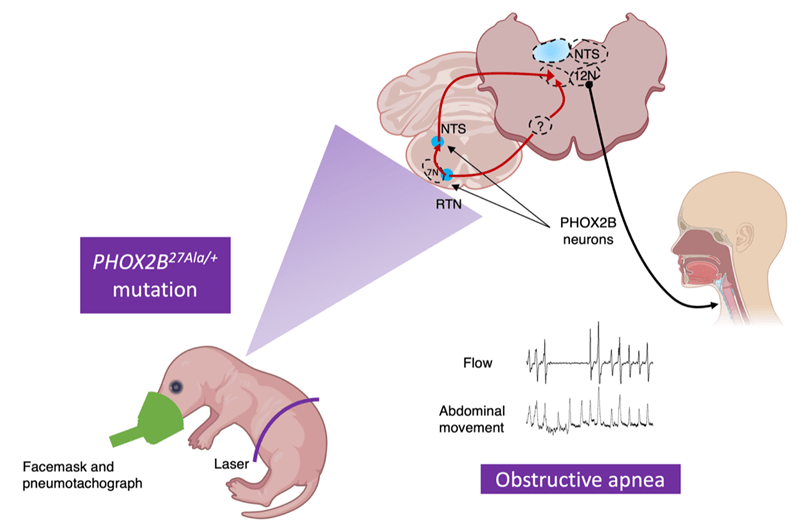Molecular determinants and prevention of perinatal neuroinflammation
Most of research programs developed in this group are focused on perinatal medicine and aim to prevent complications of premature birth or intra-uterine growth retardation. Clinical, translational and pre-clinical research programs have been developed since 5 years into two branches, in Paris, and in Geneva with complementary expertise and tools.
At the preclinical level we have demonstrated a role of oxytocin in regulating microglial activation in response to inflammatory injury (Mairesse J. et al., Glia 2019 ; Musardo S. et al., Elife 2022 ; Knoop L. et al., Cells 2022). These observations, clinically relevant, are under investigation on the mechanistic level. We also have documented the impact of sex in microglial regulation by PARPs in a hypoxia-ischemia model (Charriaut-Marlange C. et al., Brain Behav Immun 2018).
At the clinical level we have conducted a non-inferiority trial on the dosage of antenatal corticosteroid therapy in the event of threatened premature delivery before 32 weeks of amenorrhea. This trial is inconclusive on a very short-term respiratory criterion but does not show a difference in co-morbidities in the longer term between children who received a full dose or a half dose of betamethasone antenatally (Schmitz T. at al., Lancet 2022). This trial, the largest ever carried out in the field, would make it possible to review the dosage of antenatal corticosteroid therapy and avoid the neuropsychiatric disorders observed in exposed children.
We have also provided a proof of concept of the feasibility and sensitivity of bedside assessment of brain intrinsic connectivity in preterm infants by ultrafast Doppler (Demene C. et al., Sci Transl Med 2017 ; Baranger J. et al., Nat Commun 2021). We have shown that exposure to hydrocortisone early after the birth of extremely premature babies was not associated with a deterioration in neurocognitive outcome but, on the contrary, could provide a certain degree of prevention of developmental disorders, in particular memory and substantial improvement in IQ at 5 years (Trousson C. et al., Dev Med Child Neurol 2022 ; Baud O. et al., Arch Dis Child Fetal Neonatal Ed 2019 ; Baud O. et al., JAMA 2017).
Contacts
Olivier Baud
Université de Genève
Rue Gabrielle-Perret-Gentil 4
1205 Genève, Suisse
olivier.baud@hcuge.ch
olivier.baud@unige.ch
À lire aussi

Job opportunity within The Integrative Genomics in Neurodevelopment group
The Integrative Genomics in Neurodevelopment group is seeking a highly motivated post-doctoral researcher. Check out the opportunity here: Post-doc researcher position in Computational Biology

Sleep2Develop research program
The Sleep2Develop program investigates the role of sleep as a promotor of neurodevelopment and identifies the sleep determinants of childhood development. This is rephrased as Sleep(to)Develop? or Sleep(to)Develop! Our sleep research combines clinical and...

Job opportunity
NemoClinics platform is hiring an engineer. Check out the opportunity here: U 1141 -Ingénieur-e en expérimentation et instrumentation biologiques- CDD 2023 Read more

Research program on CCHS
CCHS is a disease characterized by a congenital impairment of the central control of breathing, associated with dysfunctions of the autonomic nervous system (ANS) (Gallego, 2012). At birth, patients have severe and persistent hypoventilation during sleep and a...
